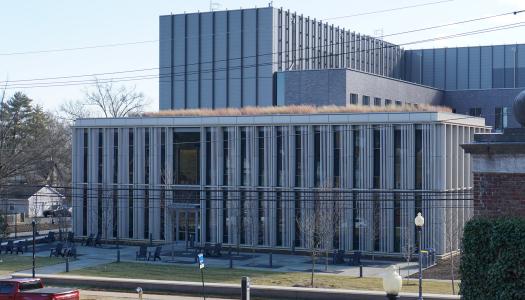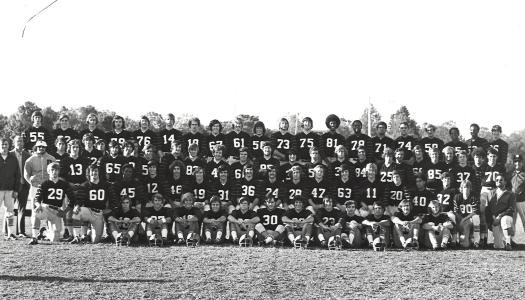The American Jewish experience, historians agree, began in 1654, when Sephardic Jews arrived in what is now New York. Thanks to Sidney Lapidus ’59 and his wife, Ruth, students will be able to explore the interplay of cultures that has developed since then.
The new Lapidus Family Fund for American Jewish Studies, administered jointly by Princeton’s programs in Judaic studies and American studies, will be used to develop new courses and invite speakers to campus, among other curricular enhancements.
“We are grateful for this very thoughtful gift from the Lapidus family, whose generosity has already played an important role in enhancing the University’s scholarship in this area,” said President Shirley M. Tilghman. “The American Jewish community has shaped the life of our country in countless ways, and I am delighted that Princeton will now have an opportunity to explore this remarkable legacy in even greater depth.”
The fund will be used to craft interdisciplinary examinations of an array of topics, such as religious and secular trends in American Judaism, relations among the African-American and Jewish communities and other ethnicities, and American Yiddish culture.
Lapidus, a managing director and senior advisor of the Manhattan-based private equity firm Warburg Pincus, said the gift pairs two of his lifelong interests, American studies and Judaic studies. “I want Princeton students, Jewish and non-Jewish, to have the opportunity to learn about the enormous historical and cultural heritage, and impact, of Jews in America,” he said.
A history major as an undergraduate—as were his children, Gail Lapidus Dobosh ’84, Janet Lapidus Nova ’88 and Roy Lapidus ’93—Lapidus is president of the American Jewish Historical Society, a member of the advisory council of Princeton’s Department of History, and he sits with the Judaic Studies advisory council.
He is also a book collector, with a particular interest in books and pamphlets relating to the American Revolution, the slave trade, and Judaica. His gifts to Princeton have included rare books pertaining to American Jews in the 18th and 19th centuries, and endowing the Sidney and Ruth Lapidus Professorship in the American Revolutionary Era.
“By bringing together in a formal way the work of the programs in Judaic studies and American studies, the Lapidus Family Fund enlarges Princeton’s commitment to innovation in the humanities, and reinforces crucial areas of study hitherto addressed separately,” said Sean Wilentz, the George Henry Davis 1886 Professor of American History and director of the Program in American Studies.


